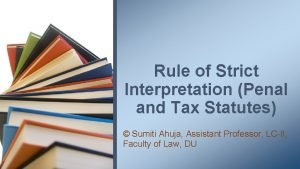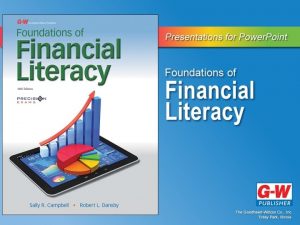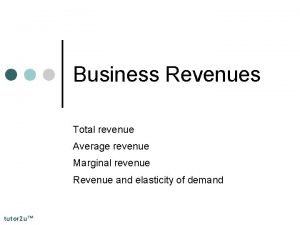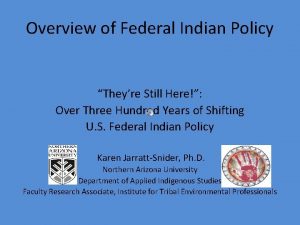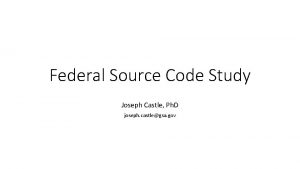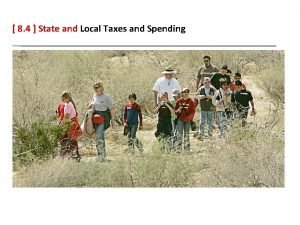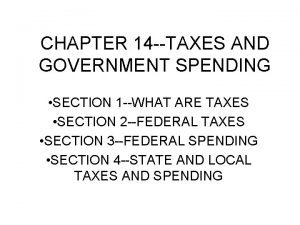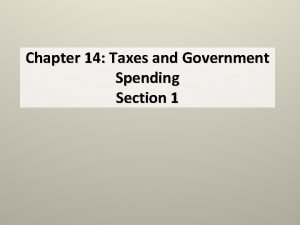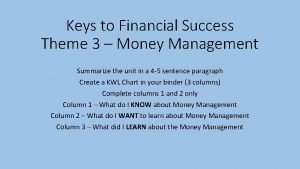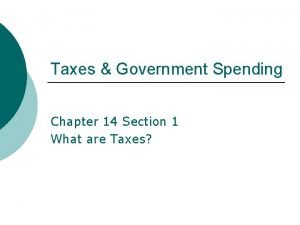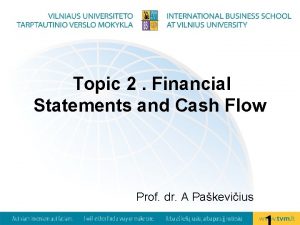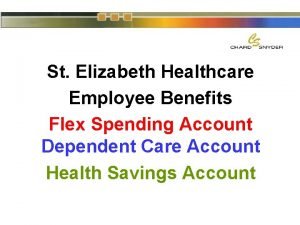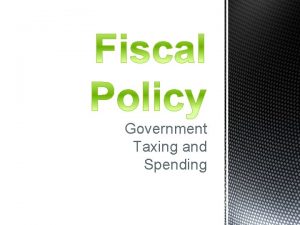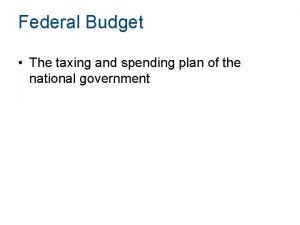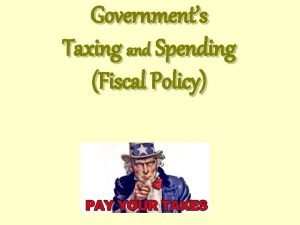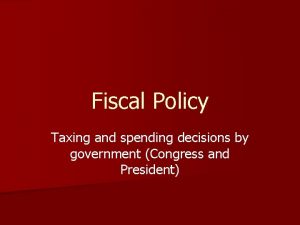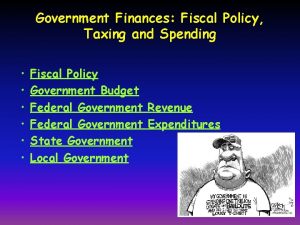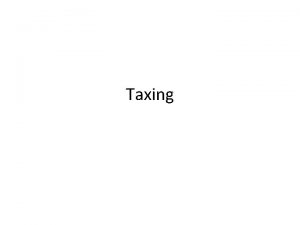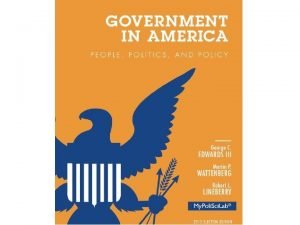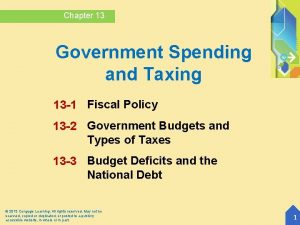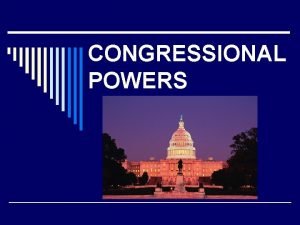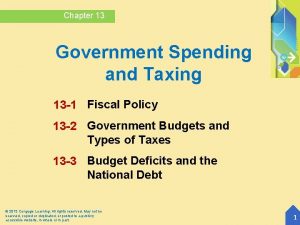SPENDING AND TAXING POLICY CH 14 Federal Revenue












- Slides: 12

SPENDING AND TAXING POLICY CH 14

Federal Revenue Income Tax National fight begins in 1894 (Pollock v Farmer’s Loan) 1913 – Sixteenth Amendment Establishment of the IRS Taxes both personal and corporate income Progressive or graduated tax rate Social Security Tax Split tax paid by employee and employer 12. 4% (split); Medicare = 1. 45% Loans Treasury bonds (T-Bonds) Federal Debt Currently 17. 3 trillion dollars – projected to be over $20 trillion by 2015 Interest expenses = approx. 7% of the federal budget - $360 Billion - 2012 Approx. 33% held by foreign investors National Debt

Tax Policy Loopholes Expenditures - $1. 2 Trillion - 2012 Lost revenue due to loop holes or exceptions in the tax code Charitable contributions, mortgage interest deductions, capital investment deductions, etc. Largest savings - middle class families and upper class who are not taxed on benefits and pensions - $942 billion in 2012 Corporations $151 billion Tax cuts are popular but cause debt to increase Reform efforts Tax Reform Act of 1986

Government Spending Current total spending of $3. 8 trillion - $900 billion deficit Spending of $28, 500 per household Why so much? Entitlement programs Social Security – 1935 Medicare – 1965 2018 Social Security will spend more then the tax collects Total Cost of approx. $1. 8 trillion Military Spending World War II - $341 billion Cold war spending – NSC 68 – 8 trillion War on Terror (approx. $500 billion/year)

Why do they grow? Incrementalism Usually a predictive variable increase in budget from year to year Budgets are boring and people don’t pay attention Logrolling/earmarks Budget cuts are rare and budget money is always spent Expanding eligibility programs – Govbenefits. gov / benefits. gov Uncontrollable expenditures - no set amount, just how many people qualify – represent 2/3 of the total gov’t budget

Making a Budget Post 1921 – budgets really start with the president Politics – who gets what, when, and how – that’s what budgets are all about Who is fighting Interest groups Agencies OMB, CBO, House Ways & Means and Senate Budget Committee President Policy committees (Agriculture, Veterans’ Affairs, Armed Services, etc. ) Appropriations Committees Congress as a legislative body GAO – Government Accountability Office – monitors spending by agencies (conducts audits for Congress)

Budgets Presidential Budget and Accounting Act of 1921 - Bureau of the Budget Calendar Congressional Budget and Impoundment Control Act of 1974 Introduces the Budget Resolution Can be changed through Reconciliation Bills, Authorization Bills or Appropriations Bills

Budget Battles Continuing Resolution: Omnibus vs. Individual appropriations 1985 - Balanced Budget and Emergency Deficit Control Act Sequestrations Changes to Federal Debt by President: Reagan: +218% GHW Bush: +55% Clinton: +37% GW Bush: +86% Obama: +60%

What now? Politicians contribute to the debt issue by buying votes Universal suffrage means bigger budgets People vote their pocketbook The more low income voters the more entitlement programs The more high income voters the more tax breaks Corporations want the gov’t to spend money too

FRQ – 03 -4 Both party leadership and committees in Congress play key roles in the legislative process: Define two of the following elements of the Congressional Committee system and explain how each influences the legislative process. Specialization Reciprocity/logrolling Party representation on committees Identify two ways in which the electoral process impacts budget decisions and explain each way.

Hardball Chapter 8 Quiz 1. How did Tip O’Neill begin his day? 2. Why was it a mistake for Newt Gingrich to televise the daily House Speaker’s press conference? 3. How did Sen. Muskie get what he wanted from the budget committee? 4. What was Sen. Muskie’s nickname? 5. How did Sen. Magnuson respond to tough policy questions from his constituents?

2010 Spending by Category
 Strict construction of penal statutes
Strict construction of penal statutes Federal government primary source of revenue
Federal government primary source of revenue Total revenue
Total revenue Eras of federal indian policy
Eras of federal indian policy Federal source code policy
Federal source code policy State and local taxes and spending
State and local taxes and spending Chapter 14: taxes and government spending section 1
Chapter 14: taxes and government spending section 1 Chapter 14 taxes and government spending
Chapter 14 taxes and government spending John and marcia monthly spending plan 1 answer key
John and marcia monthly spending plan 1 answer key Why is evaluating and adjusting a spending plan important
Why is evaluating and adjusting a spending plan important Chapter 14 taxes and government spending
Chapter 14 taxes and government spending Cash flow to stockholders formula
Cash flow to stockholders formula St elizabeth benefits
St elizabeth benefits
